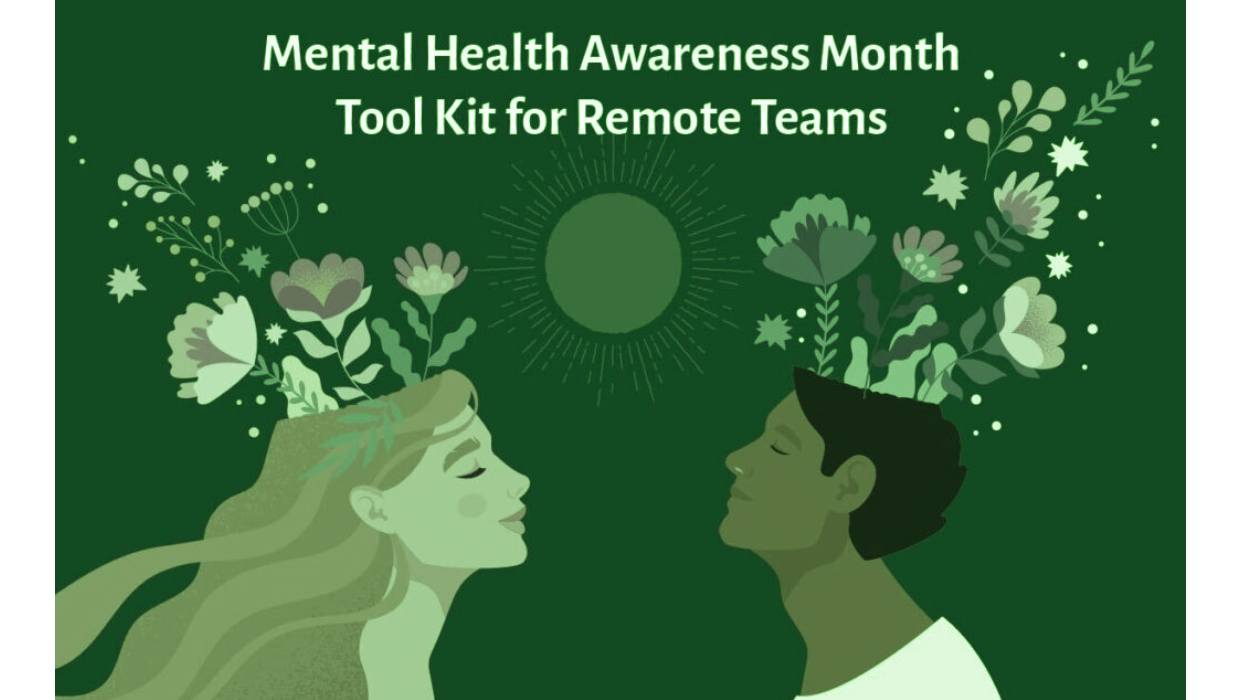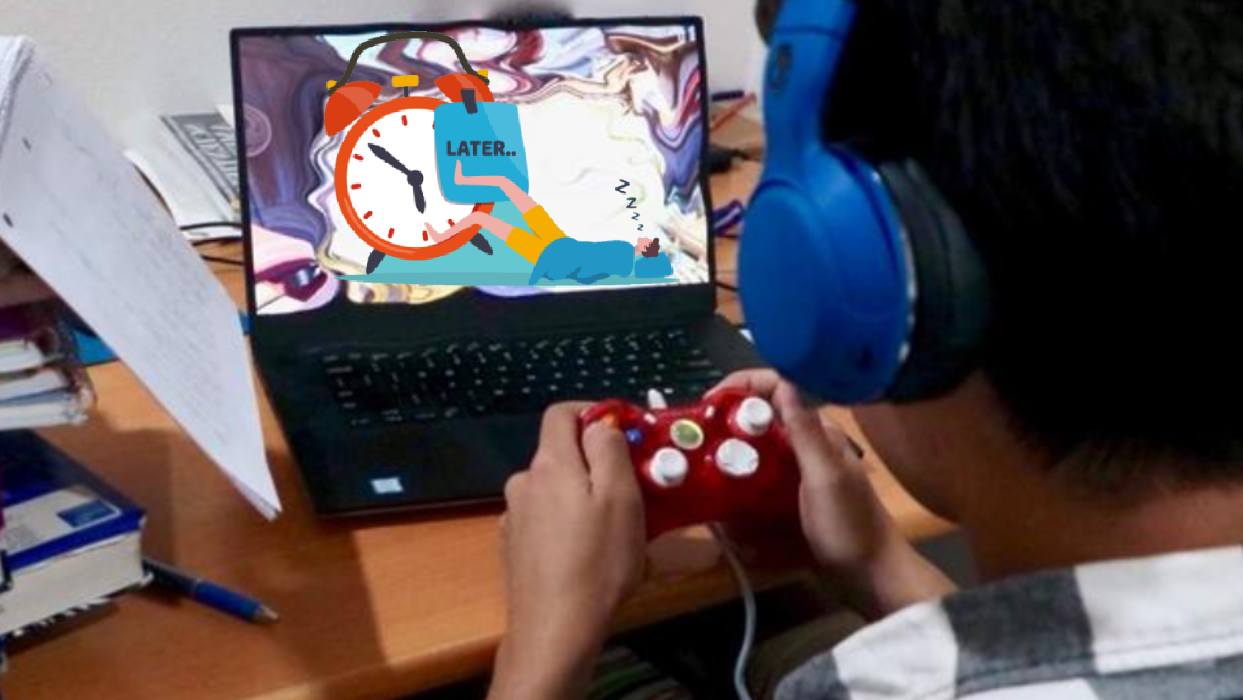Discover Dr. James Kustow’s expert strategies for managing adult ADHD, enhancing focus, and achieving a balanced life through effective mindset shifts, routines, and self-care.

Part 1: Understanding ADHD and Mindset Shifts
Dr. James Kustow, a leading psychiatrist and integrative psychotherapist specializing in adult ADHD, has dedicated over 15 years to unraveling the complexities of the condition. His latest book, How to Thrive with Adult ADHD: 7 Pillars for Focus, Productivity, and Balance, presents structured strategies to help individuals navigate ADHD more effectively. As someone who personally experiences ADHD, Kustow brings unique insight and practical solutions to his approach.
The foundation of his method starts with a mindset shift. Kustow emphasizes the importance of adopting a “growth mindset,” a concept introduced by psychologist Carol Dweck. This perspective allows individuals to reframe self-perceived inadequacies as opportunities for learning. Getting a formal ADHD diagnosis is also encouraged, as it can help reduce self-blame and past feelings of failure. By fostering positive and energizing self-talk, patients can gradually move away from years of internalized negativity and towards a more constructive outlook.
Part 2: Sleep and Time Management for ADHD
Sleep issues are common among adults with ADHD, with around 80% experiencing late bedtimes and 60% reporting daytime sleepiness. Kustow outlines strategies for optimizing sleep, including increasing time in bed by 30-60 minutes, avoiding screens before sleep, and using the bedroom exclusively for rest. Establishing consistent morning and evening routines plays a crucial role in stabilizing energy levels and cognitive function.
Time management is another major challenge for ADHD individuals. Kustow suggests using a “dump-all” task list to reduce mental overload and focusing on a weekly action plan instead of a daily one. Since ADHD often leads to underestimating time, he advises adding 30-50% more time to planned activities. Scheduled breaks every 45 minutes, along with movement and fresh air, can enhance focus and productivity while preventing burnout.
Part 3: Organizing the Environment and Daily Habits
A cluttered environment can exacerbate ADHD symptoms, leading to frustration and inefficiency. Kustow recommends visual cues like Post-it notes, designated spaces for essentials like keys and phones, and pre-planning outfits or gym kits to minimize stress. Regular decluttering sessions, both in physical spaces and digital inboxes, contribute to a clearer mental state.
Saying “no” to unnecessary commitments is equally important. Impulsive agreement to requests often results in later regret or withdrawal. Kustow advises using an “agree it, note it, file it” system to stay organized and avoid overcommitting. By implementing these strategies, individuals can reduce distractions and create a structured, supportive environment conducive to success.

Part 4: Nutrition, Exercise, and Detoxification
ADHD is often linked to erratic eating patterns, making nutritional consistency essential. Kustow warns against restrictive diets, instead promoting regular, balanced meals that stabilize blood sugar and support brain function. Omega-3-rich foods like salmon, walnuts, and flaxseeds are particularly beneficial. Meal prepping and having healthy snacks on hand, such as nuts and dark chocolate, can prevent energy crashes and impulsive eating.
Detoxification also plays a role in ADHD management. Kustow highlights the potential link between chemical exposure and ADHD symptoms, suggesting simple swaps such as using filtered water, organic cleaning products, and BPA-free containers. Detox-supporting habits like Epsom salt baths, sauna sessions, and essential supplements (vitamin C, zinc, and magnesium) can aid in reducing inflammation and promoting mental clarity.
Part 5: Emotional Regulation and Coping Mechanisms
Emotional dysregulation is a significant aspect of ADHD, leading to stress, anxiety, and impulsivity. Kustow notes that negative coping strategies—such as substance abuse, overworking, and social withdrawal—can worsen symptoms. Instead, he recommends positive techniques like diaphragmatic breathing, acupoint tapping, and stimulating the vagus nerve through humming or right-side sleeping.
By implementing these strategies, individuals with ADHD can develop greater self-awareness and control over their emotions. Kustow’s holistic approach empowers those with ADHD to navigate their challenges with confidence, ultimately leading to a more focused, productive, and fulfilling life.








Leave a Reply